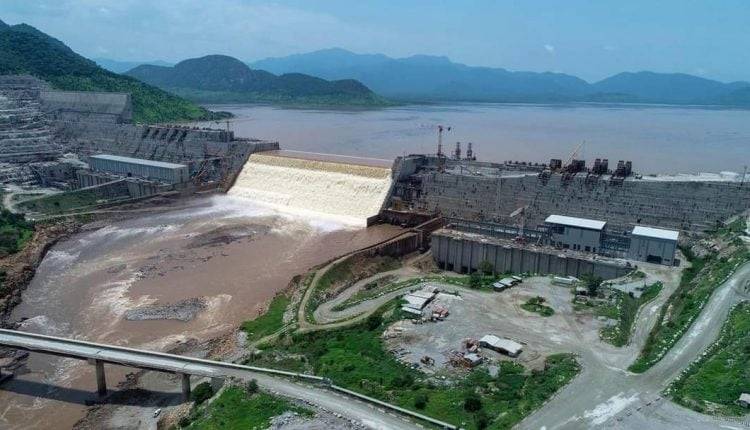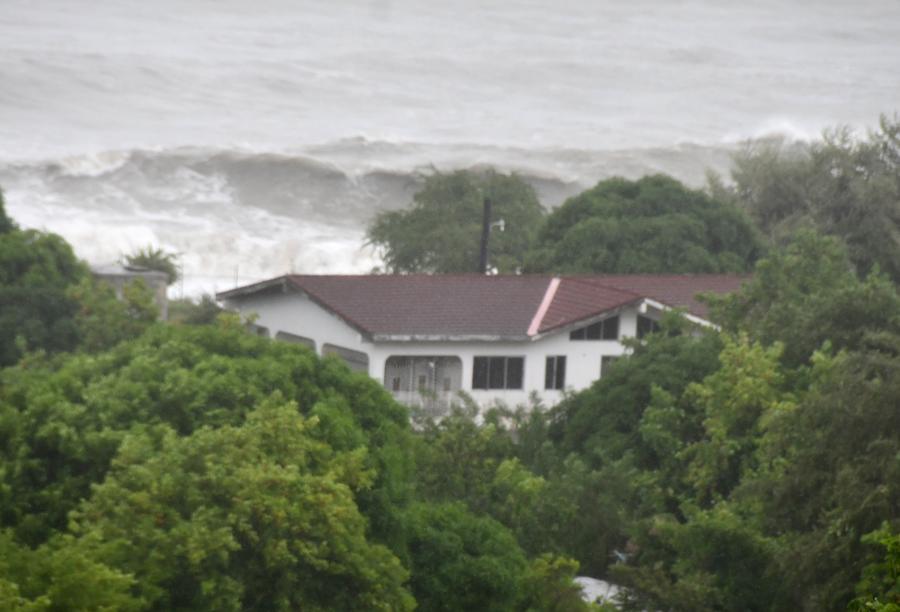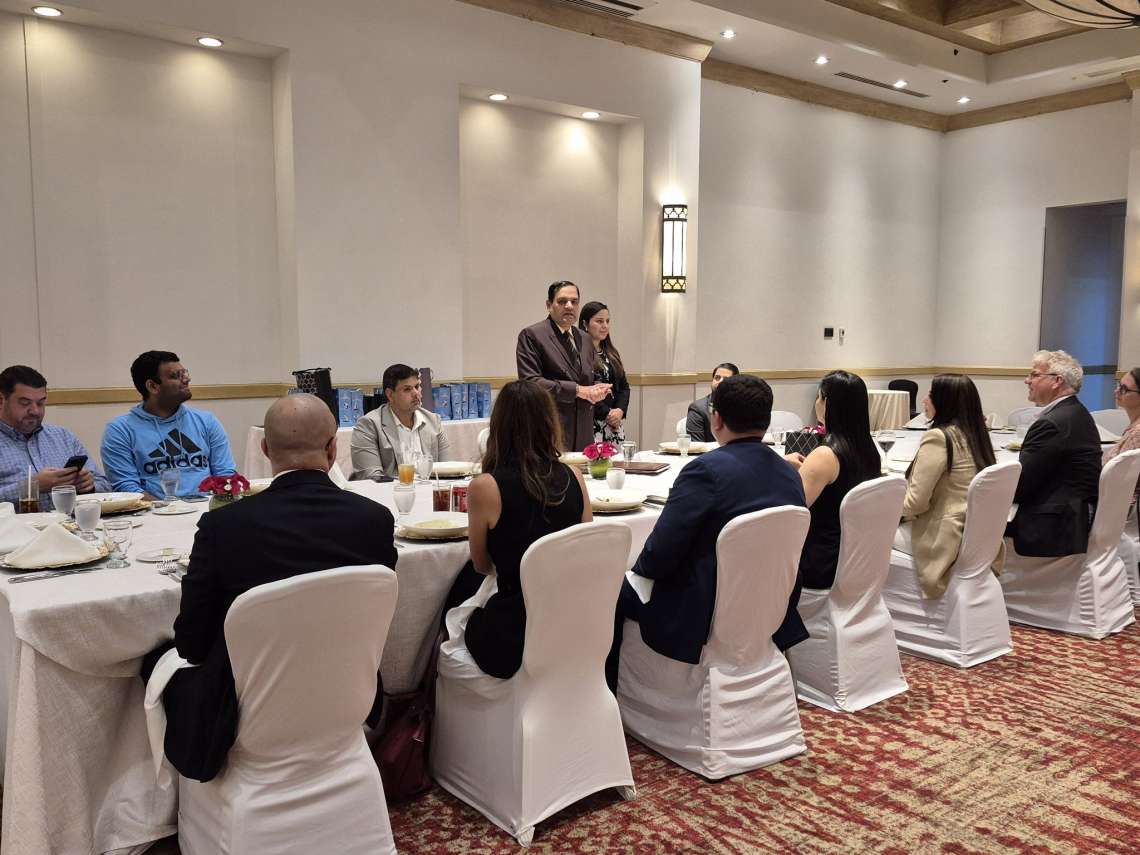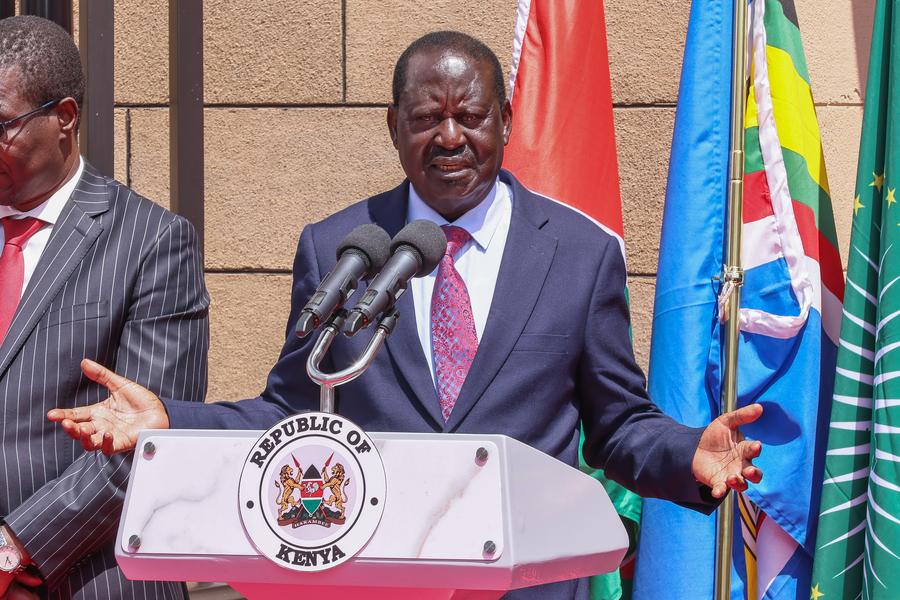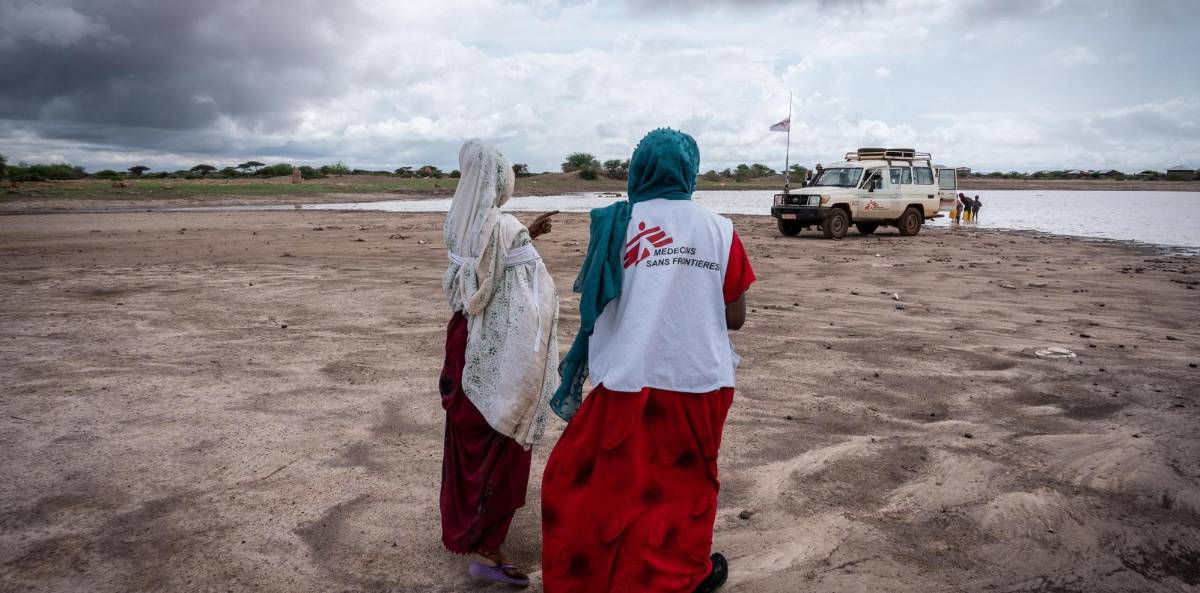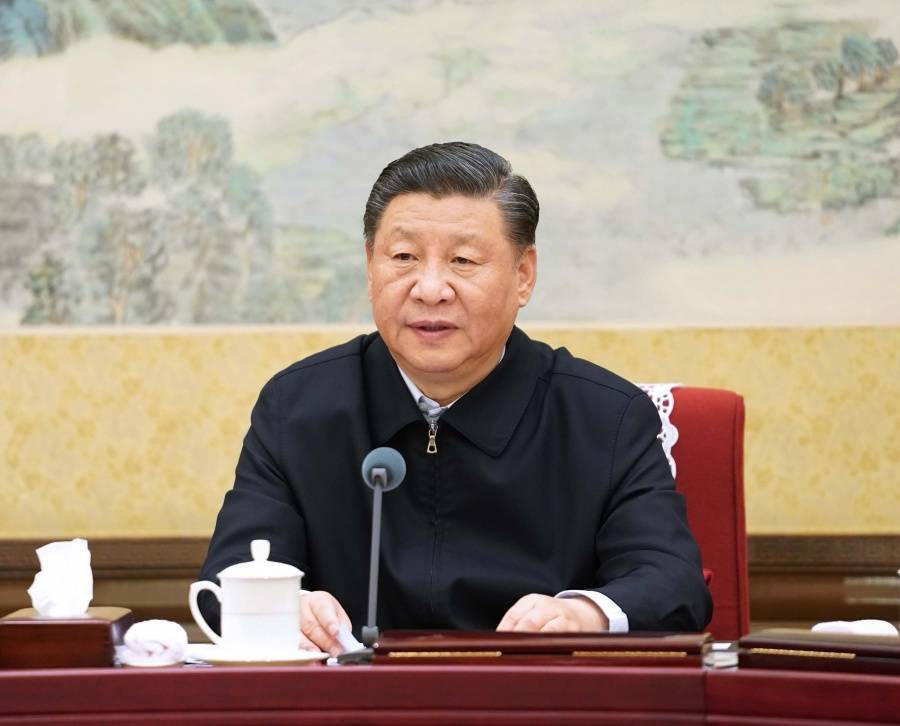Egypt, EU discuss developments of Ethiopia’s Nile dam
Egypt’s Minister of Water Resources and Irrigation Mohamed Abdel-Aty held talks in Cairo with visiting European Union’s special envoy for the Horn of Africa Annette Weber on the developments of Ethiopia’s grand dam built on the Nile River.
During the meeting, the two officials discussed the current situation of tripartite negotiations between Egypt, Sudan, and their upstream counterpart Ethiopia regarding the Grand Ethiopian Renaissance Dam (GERD), said the Egyptian Water Ministry in a statement.
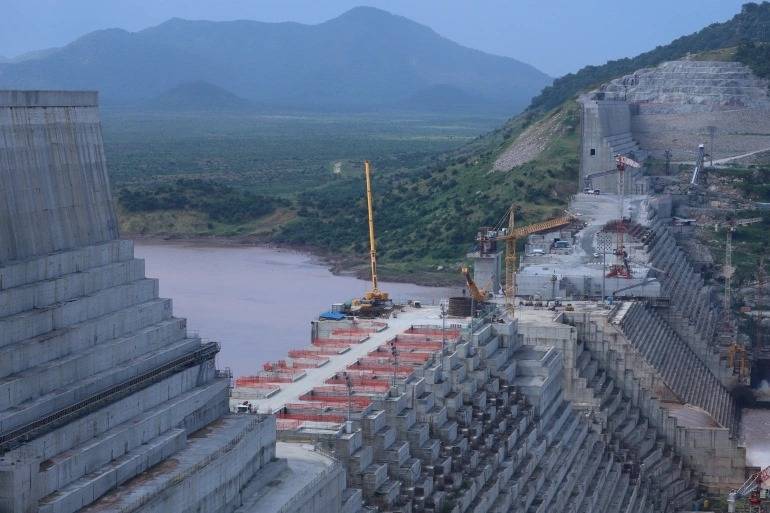
Abdel-Aty highlighted “the great flexibility shown by Egypt during the various stages of negotiation due to its desire to reach an agreement and build confidence,” according to the statement.
He added that achieving cooperation requires “political will and seriousness” on the part of Ethiopia to reach an agreement regarding the filling and operation of the GERD.
The Egyptian minister stressed that “reaching an agreement on the GERD would pave the way for achieving regional cooperation and integration.”
For her part, Weber said the EU seeks to advance negotiations regarding the Ethiopian dam with a bid to reach an agreement that satisfies all parties and guarantees the stability and development of all concerned countries.
The EU envoy urged reaching a tripartite agreement that would also meet the requirements of regional integration through the interconnection between water and energy, infrastructure and trade in light of climate change.
Ethiopia started building the dam in 2011, while Egypt is concerned it might affect its 55.5-billion-cubic-meter annual share of the Nile water and Sudan is also worried about its 18.5-billion-cubic-meter annual share.
ALSO READ:Sudan rejects Ethiopia’s power generation from disputed dam
Decade-long tripartite negotiations failed to reach an agreement regulating the filling and operation of the dam, including those mediated by the United States and the African Union.
In February, Ethiopia announced it began operation of the first two turbines of its multi-billion-dollar hydropower dam to generate electricity. Egypt, in response, sent a new letter to the United Nations Security Council to protest the move.
Sudan’s Stance
Sudan called for reaching understandings between Sudan, Egypt and Ethiopia to start a smooth and effective negotiation on the dam.

“Sudan is the most in need for consensus among the three countries, and has been negatively affected by the prolonged negotiation without reaching a binding legal agreement on the filling and operation of the GERD,” Sudan’s acting Irrigation and Water Resources Minister Daw Al-Bait Abdul-Rahman said in a meeting with Egyptian Ambassador to Sudan Hossam Eissa.
The meeting was part of the two countries’ efforts to push the negotiation issue on the Ethiopian Nile dam, Sudan News Agency (SUNA) reported.
“The remaining clauses of difference among Sudan, Egypt and Ethiopia require political will from all parties,” the minister said.
The Egyptian ambassador delivered a message to the Sudanese minister from his Egyptian counterpart, voicing Egypt’s full readiness for cooperation and coordination in all fields, according to SUNA.
The meeting discussed Ethiopia’s decision to generate electricity from the GERD, and reviewed activation of cooperation mechanisms between Sudan and Egypt to achieve the common goals of the two countries and the Nile Basin countries.
Sudan, Egypt and Ethiopia have been negotiating under the African Union over technical and legal issues related to the filling and operation of the GERD.
Sudan proposed a mediation quartet of the United Nations, the European Union, the United States and the African Union regarding the GERD issue, while Ethiopia rejected the proposal.
Ethiopia, which started building the GERD in 2011, expects to produce more than 6,000 megawatts of electricity from the project, while Egypt and Sudan, both downstream Nile Basin countries that rely on the river for its fresh water, are concerned that the dam might affect their water resources.


